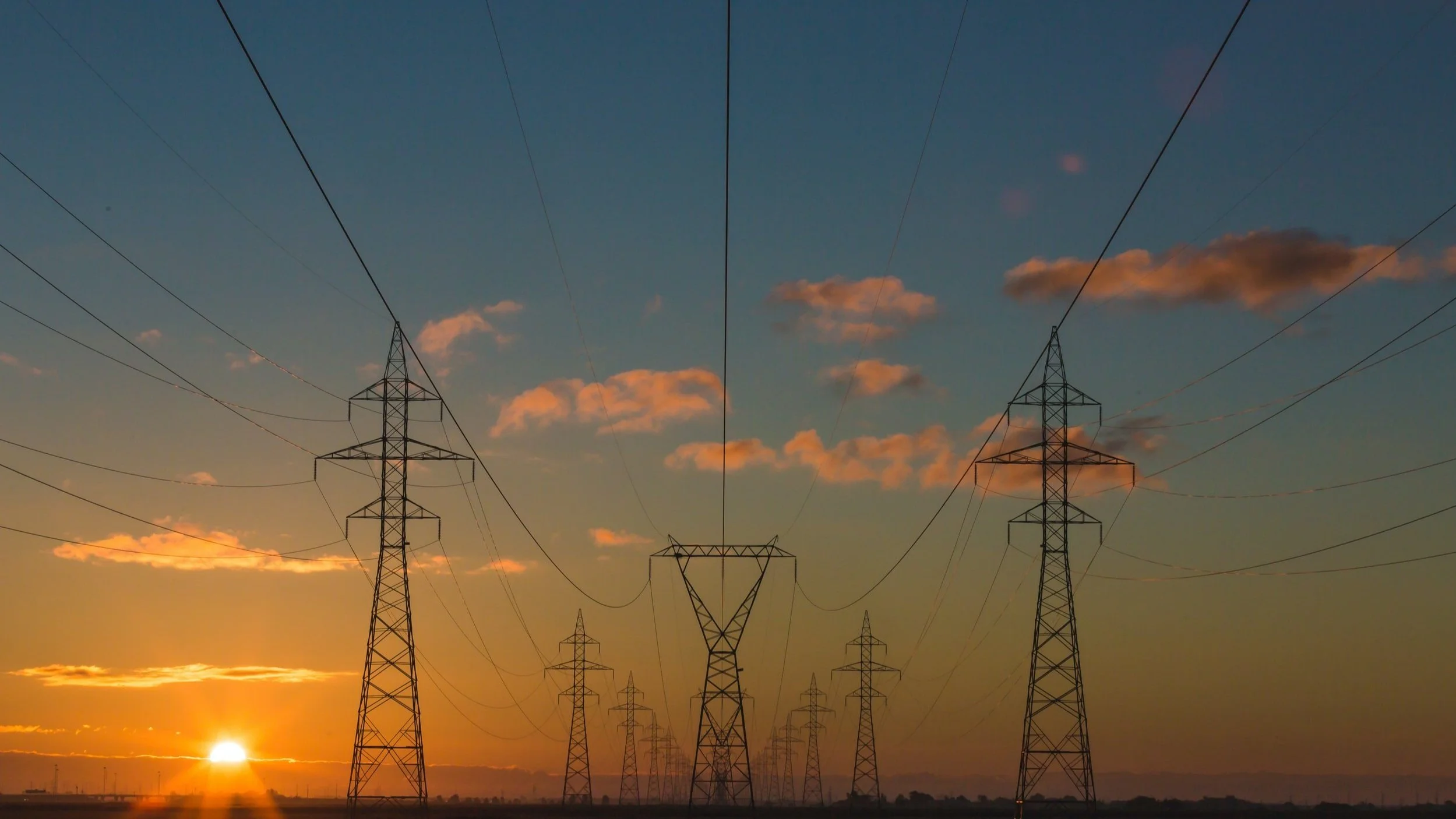The Future of Decentralized Energy Schemes with Renewable Power
The United States primarily relies on centralized power sources, which are capable of generating and transmitting large amounts of energy over long distances. However, this process is often hindered by transmission issues and can impact millions in situations where it fails to provide power. In response to this, there is a growing trend towards decentralizing energy grids in favor of implementing distributed energy resources which would eliminate transmission inefficiencies, and provide a more stable source of power for surrounding communities. Transitioning to a decentralized system also offers the opportunity to implement new renewable sources of energy to generate power in a way that is both reliable and environmentally friendly.
Advantages of Implementation
It is estimated that around 5% of energy generated in the United States is lost through transmission and distribution between 2016 and 2020. By decentralizing this system, these losses could essentially be eliminated and further investments into transmission infrastructure would no longer be necessary. In addition, these systems are capable of generating excess energy which can be stored for later use or sold into a wider power grid. Transitioning to a decentralized system brings a number of cost saving opportunities for energy producers and consumers. By preventing energy from being lost in transmission, energy costs overall will be lowered and see that power systems are working as effectively as possible.
Stability of a Decentralized System
When the current centralized system fails or is in need of repair, mass amounts of people are left without power. A system based on decentralized power sources ensures access to power, and has been used during power outages caused by high demand or weather. In the future, a widespread decentralized network could prevent power outages from occurring and provide consistent power for all citizens due to the ability of the power sources to store excess energy and supplement one another.
Another benefit of a decentralized energy scheme is that it allows renewable forms of energy such as wind and solar to be implemented on a smaller scale to power the necessary infrastructure. Decentralized energy resources can be found today in homes and buildings utilizing small-scale solar installations, which make up one-third of total solar energy in the U.S. Installations such as these have cut down on consumer cost and are permitted to generate their own energy in a manner which is environmentally friendly.
Future of Decentralization Projects
These systems offer consumers a way to customize their energy production and usage according to their need, independent from a wider system. Adopting on-site renewables to power a distributed system offers a way to implement sustainable energy and improve the reliability of power grids for all. The growth of decentralized energy production is likely to continue in coming years as technology costs continue to decrease and policy changes are made to eliminate regulatory obstacles.
Learn about our affordable carbon footprint solutions for small and medium-sized businesses
Book a free strategy session to discuss your climate goals with a sustainability manager.
About RyeStrategy
Based in Seattle, RyeStrategy is a CDP-accredited, mission-oriented company specialized in carbon accounting, mitigation coaching, and climate disclosure solutions for organizations at any point in their sustainability journey. Learn how RyeStrategy helped Salesforce, Ideascale, and Wazoku achieve their sustainability goals.
From exhaustive carbon footprinting and mitigation coaching, to setting science-based targets and reporting climate data to CDP, SBTi or custom reporting platforms, RyeStrategy acts as a hands-on extension of the team, custom-tailoring services to fulfill climate disclosure requirements easily and accurately.
Meet with a sustainability specialist to learn more about RyeStrategy solutions.

